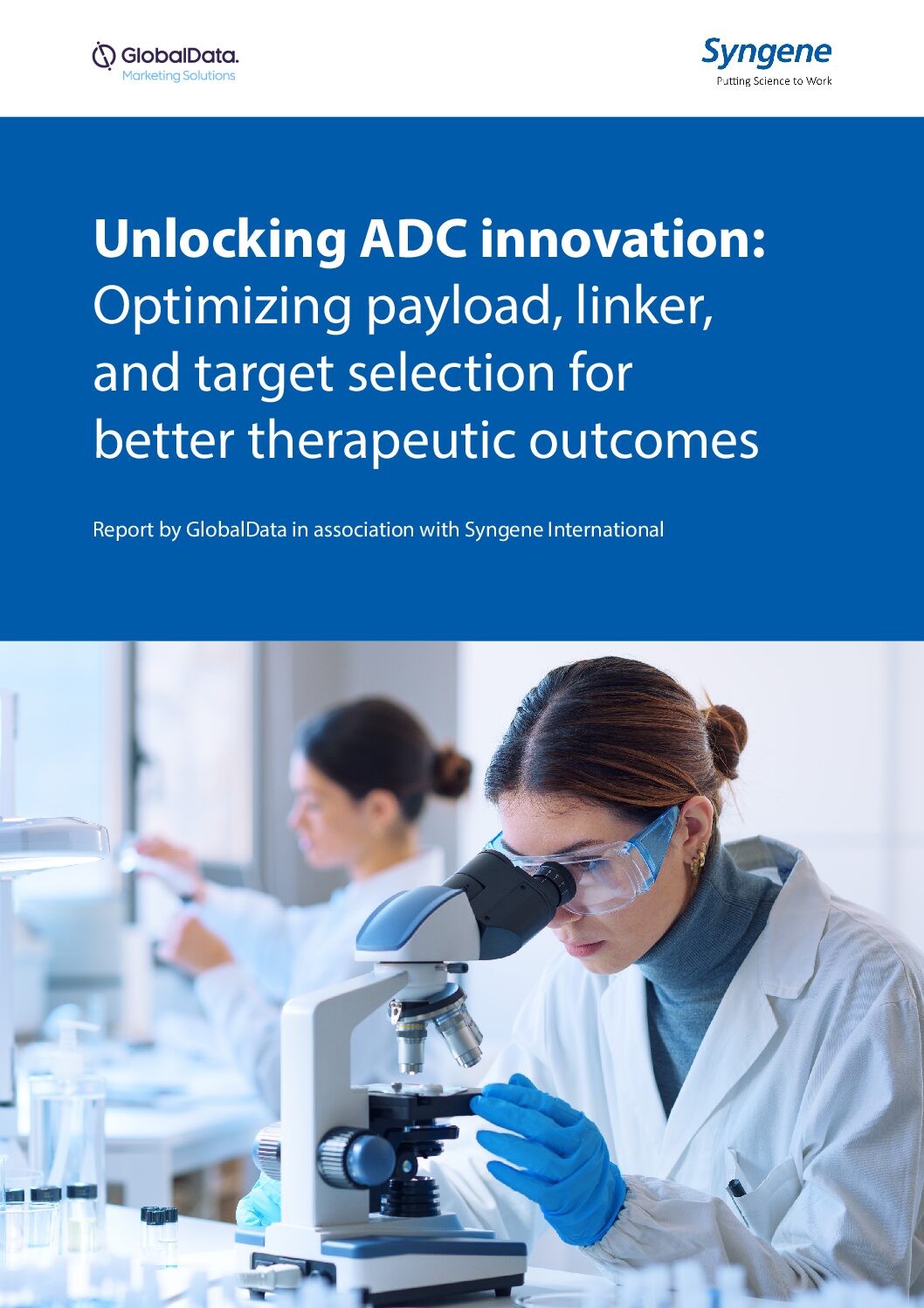

AbbVie has signed a collaboration and licensing agreement with US-based ADARx Pharmaceuticals, committing $335m upfront to access its small interfering RNA (siRNA) platform.
The partnership gives AbbVie exclusive options on multiple siRNA-based programmes across neuroscience, immunology, and oncology – therapeutic areas identified as strategic priorities for the company.

US Tariffs are shifting - will you react or anticipate?
Don’t let policy changes catch you off guard. Stay proactive with real-time data and expert analysis.
By GlobalDataUnder the deal, ADARx will apply its proprietary siRNA discovery technology to identify and develop new molecular candidates. In addition, AbbVie will contribute expertise in antibody engineering, antibody-drug conjugates (ADCs), and targeted tissue delivery – capabilities intended to enhance the therapeutic potential and precision of the siRNA candidates.
Along with the upfront payment, ADARx stands to receive “several billion dollars” in potential option fees, development and commercial milestones, and tiered royalties on any resulting products, as per yesterday’s (14 May) announcement.
This is AbbVie’s second major move into the siRNA space in less than a year. In October 2024, the company acquired Aliada Therapeutics for $1.4bn, primarily for its Alzheimer’s disease candidate ALIA-1758 and blood-brain barrier shuttle technology, which also holds promise for RNA-based delivery.
siRNA therapeutics work by selectively silencing the expression of disease-driving genes at the mRNA level, preventing the production of specific proteins. ADARx claims its approach can offer long-lasting effects without altering the genome, addressing some of the safety concerns associated with gene editing technologies.
“siRNA is a promising genetic medicine approach for silencing disease-causing genes, but challenges still remain in targeting and delivering siRNA effectively,” said Jonathon Sedgwick, senior vice-president and global head of discovery research at AbbVie.
ADARx’s internal pipeline includes ADX-324, a treatment for hereditary angioedema, which is nearing Phase III development. Other early-stage programmes target complement-mediated diseases, cardiovascular conditions, neurodegeneration, and obesity. The company raised $200m in a Series C round in August 2023 to advance these assets.
Industry interest in siRNA continues to grow. In March 2025, Eli Lilly reported promising Phase II data for lepodisiran, its siRNA therapy targeting lipoprotein(a), a key cardiovascular risk factor. In January 2024, Boehringer Ingelheim entered a deal worth up to $2bn with Suzhou Ribe Life Science to develop siRNA therapies for liver disease.
Just yesterday, GSK disclosed it was acquiring Boston Pharmaceuticals’ FGF21 analogue efimosfermin for $2bn, with plans to combine it with its in-house siRNA candidate GSK’990 to address more advanced stages of steatotic liver disease.
ADC content on Pharmaceutical Technology (Or Clinical Trials Arena) is supported by Syngene. Editorial content is independently produced and follows the highest standards of journalistic integrity. Topic sponsors are not involved in the creation of editorial content.






